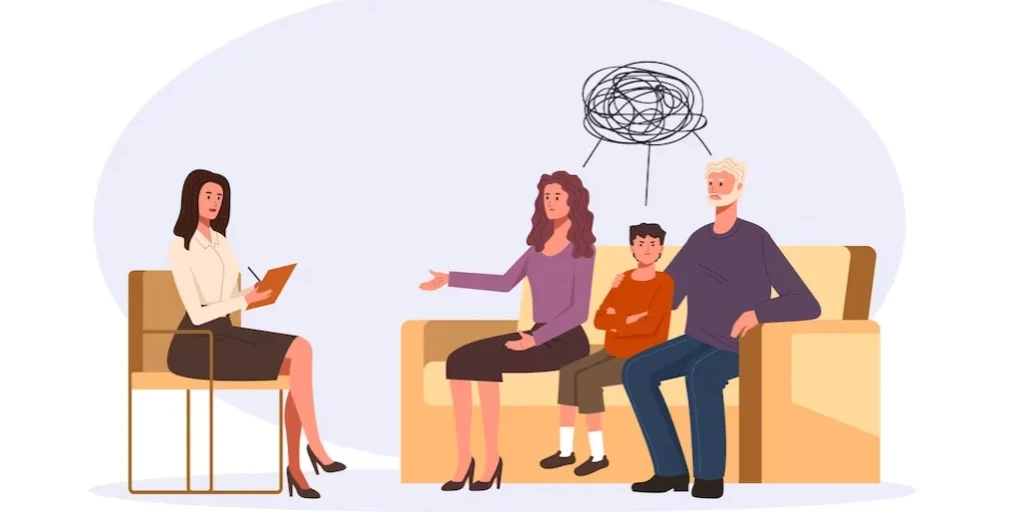24/7 Helpline:
(866) 899-221924/7 Helpline:
(866) 899-2219
Learn more about Group Therapy centers in Filley

Other Insurance Options

Private insurance

Carleon

GEHA

MHNNet Behavioral Health

Molina Healthcare

BlueCross

Health Choice

Horizon Healthcare Service

PHCS Network

WellPoint

Sutter

Holman Group

BlueShield

Medical Mutual of Ohio

Oxford

Premera

WellCare Health Plans

Absolute Total Care

Evernorth

United Health Care












